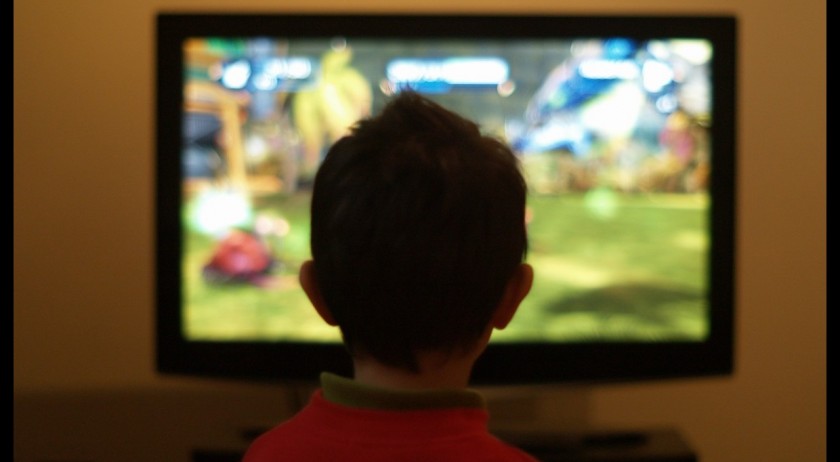Video games are an incredibly engaging activity for many 21st century children and perhaps even more so for kids affected by autism. While there are many benefits to video-game play for kids affected by autism, including opportunities for socialization, practicing flexibility skills, and improving executive functions, there are also serious concerns. For example, excessive or inappropriate gameplay could lead to video-game addiction in a child with autism. Internet Gaming Disorder is one of the new diagnostic categories introduced by the American Psychiatric Association in the DSM-V. While there are no studies conclusively demonstrating that kids with autism are more prone to Internet Gaming Disorder than their peers, there are estimates that between three and eight percent of American teenagers display some signs of video-game addiction.
Anecdotal observations of children with autism suggest that they may be more prone to becoming overly involved in video-game play. When a child’s tendency towards repetitive behavior is combined with the highly engaging characteristics of video games, there is a risk for addictive-like behavior. Children with autism are drawn to video games for their stunning visuals, predictable play expectations, user-controlled pace of the game, and opportunity to avoid social judgment.
[cjphs_content_placeholder id=”73545″ random=”no” ]A recent study conducted by Micah Mazurek and Christopher Engelhardt raises concerns about video-game addiction in children with autism. Their research noted that role-playing games such as Pokémon that feature high reward schedules and social rewards may foster a preoccupation with a character or an intense interest in the game. Role-playing games tend to require more time than other games because players need to create and maintain the characters. Open-ended virtual world games such as Minecraft are also seen as increasing the likelihood of problematic use patterns and addictive tendencies.
Internet Gaming Disorder is something that parents of children with autism need to monitor more closely than other parents. Here are some of the signs of potential video game addiction:
1. A desire to play video games to the exclusion of doing all other activities
2. Withdrawal from family members and peers
3. Becoming extremely distraught and upset when not allowed to play
4. Loss of sleep and being up in the middle of the night playing games
5. Deteriorating grades at school
6. Loss of interest in eating and previously-favorite activities
7. Irritability, anxiety, anger, when being kept from the game
Should you notice these issues it is imperative that you find a therapist who works with children on the spectrum who has some knowledge of addictive behavior. If that is not possible, at least initiate a conversation with a therapist who has an expertise in addictive behavior.
Most children with autism who love to play video games do not actually show the signs of video-game addiction, even if they play them a little too much. They may simply love the games because they allow them to be fully engaged while giving them more opportunity to connect with their peers than in other activities. If you find that a child is showing signs of video-game addiction, here are some simple (but often difficult) steps that you can take.
1. Limit gaming to a specific time and amount each day (60-90 minutes typically) and make it in a public place.
2. Be totally in charge on Internet access. Have the router in your bedroom if necessary.
3. Encourage other non-screen activities by making them very attractive. For example, go to your child’s favorite restaurant after he takes a swimming or karate class.
4. Find other healthy behaviors and activities to substitute for video games that use electronic media such as creating videos, using a CAD program, or learning programming skills.





Comments are closed.